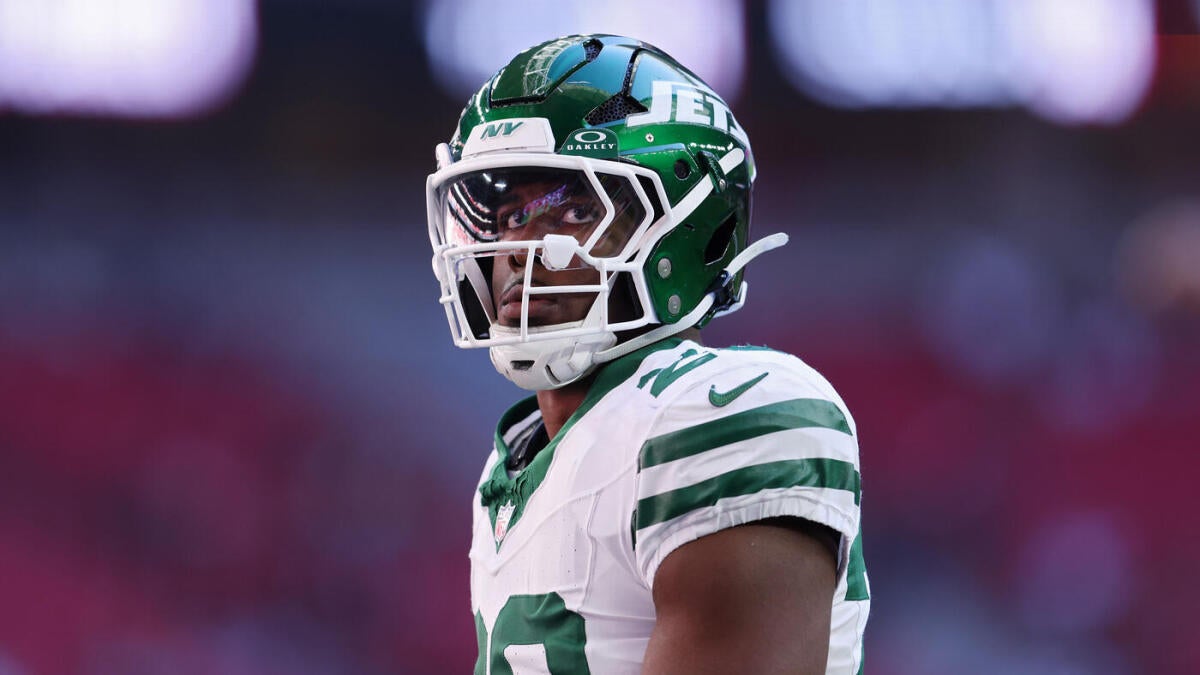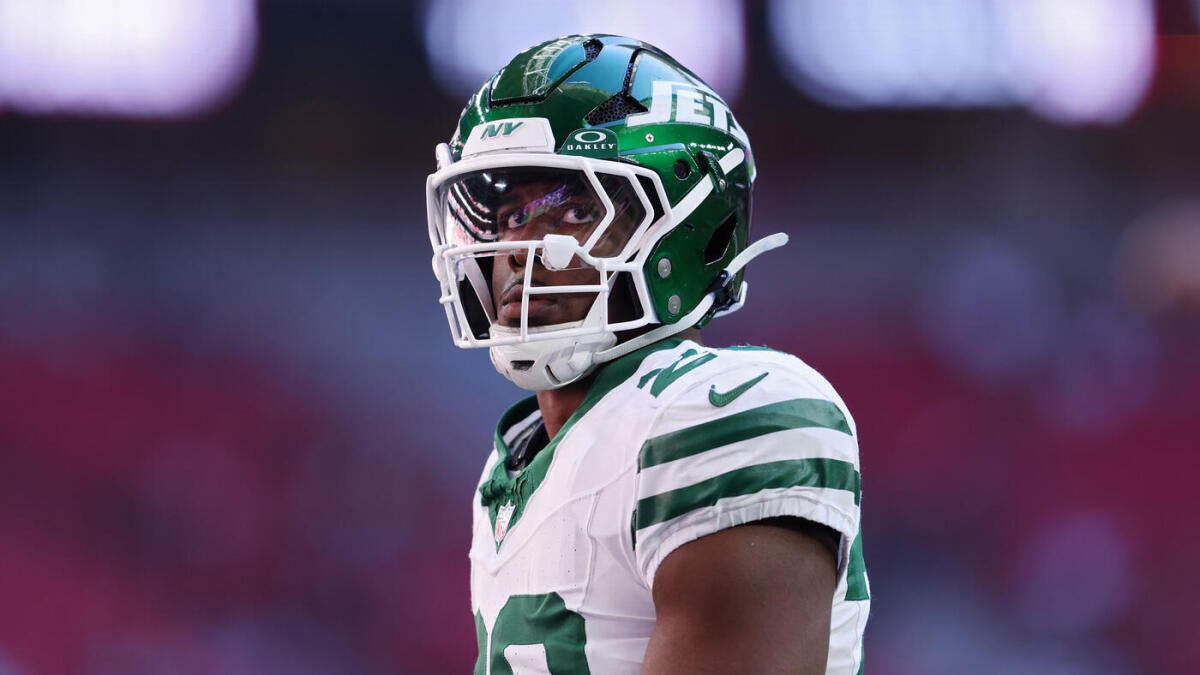The Evolving Role of Running Backs in the Modern NFL
The Changing Landscape of Running Back Valuation
The NFL has undergone a significant transformation in how it values running backs. Historically, running backs were the cornerstone of offensive strategies, commanding top-tier salaries and long-term contracts. However, the modern game has shifted dramatically, with teams increasingly adopting a committee approach and de-emphasizing the traditional bell-cow running back. This shift is driven by several factors, including the rise of passing offenses, the increased emphasis on quarterback play, and the emergence of sophisticated offensive schemes.
The physical toll of the running back position and the relatively short careers of many players have made teams hesitant to invest heavily in long-term contracts. The risk of injury and the potential for rapid decline in performance contribute to the devaluation of the position. This trend is evident in the declining number of running backs receiving lucrative contract extensions and the increasing prevalence of short-term deals and franchise tags.
The Financial Implications of Running Back Contracts
The financial implications of running back contracts are significant. Teams are increasingly opting for short-term deals and franchise tags, allowing them to maintain flexibility and avoid long-term financial commitments. This approach enables teams to allocate resources to other positions, such as quarterbacks, wide receivers, and offensive linemen, which are perceived as more valuable in the modern game.
The devaluation of running backs is also reflected in the declining average salary for the position. According to recent data, the average salary for a running back has decreased significantly over the past decade. This trend is likely to continue as teams continue to prioritize other positions and adopt a more committee-based approach to the running game.
The Impact of Injuries on Running Back Valuation
Injuries play a significant role in the devaluation of running backs. The physical nature of the position makes players more susceptible to injuries, which can significantly impact their performance and longevity. Teams are increasingly cautious about investing heavily in running backs with a history of injuries, as the risk of reinjury and the potential for rapid decline in performance are significant concerns.
Breece Hall’s situation with the New York Jets highlights this issue. Hall’s rookie season was cut short due to a significant knee injury, which has raised questions about his long-term durability. The Jets may want to see a full season of consistent performance and durability before committing to a long-term, high-value contract. This cautious approach is understandable given the inherent risk associated with investing heavily in a running back with a recent injury.
The Role of Performance in Contract Negotiations
Performance is a crucial factor in contract negotiations for running backs. Players who consistently perform at a high level and demonstrate versatility and durability are more likely to secure lucrative contracts. Breece Hall has the opportunity to solidify his value and potentially alter the Jets’ long-term plans through his performance on the field.
Hall needs to demonstrate his continued explosiveness, versatility, and durability. He must showcase his ability to contribute in both the running and passing games, proving that he is a complete offensive weapon. Additionally, staying healthy and consistently performing at a high level will be essential in alleviating any concerns about his long-term viability.
The Importance of Intangibles in Player Valuation
Beyond the statistics and financial considerations, there are intangible qualities that contribute to a player’s value. Leadership, work ethic, and a positive attitude can significantly impact a team’s culture and performance. Breece Hall possesses these qualities, which further enhance his overall value.
Hall is known for his dedication, his commitment to improvement, and his positive presence in the locker room. He is a respected teammate and a leader by example. These intangible attributes make him a valuable asset beyond his on-field contributions. Teams recognize the importance of these qualities and often factor them into their assessment of a player’s worth.
The Future of Running Back Contracts
The future of running back contracts is likely to continue evolving. Teams will increasingly adopt a committee-based approach, utilizing multiple running backs with specialized skill sets, rather than relying on a single workhorse. This approach allows teams to maintain flexibility and avoid long-term financial commitments to a single player.
Additionally, teams will continue to prioritize other positions, such as quarterbacks, wide receivers, and offensive linemen, which are perceived as more valuable in the modern game. This trend is likely to continue as the NFL continues to evolve and adapt to the changing landscape of the sport.
Conclusion: A Calculated Waiting Game
Breece Hall’s contract situation is a complex interplay of factors, reflecting the realities of the modern NFL and the evolving landscape of running back valuation. While an immediate extension may not be in the cards, Hall has the opportunity to prove his worth and potentially alter the Jets’ long-term plans. His performance on the field, combined with his intangible qualities, will ultimately determine his future value. It’s a calculated waiting game, where patience, performance, and a deep understanding of the business side of football will be key to achieving a favorable outcome. The Jets, on the other hand, are making a calculated decision balancing current financial commitments with the long-term value they place on the running back position and Breece Hall himself. Only time will reveal the ultimate resolution, but the narrative is far from over.












